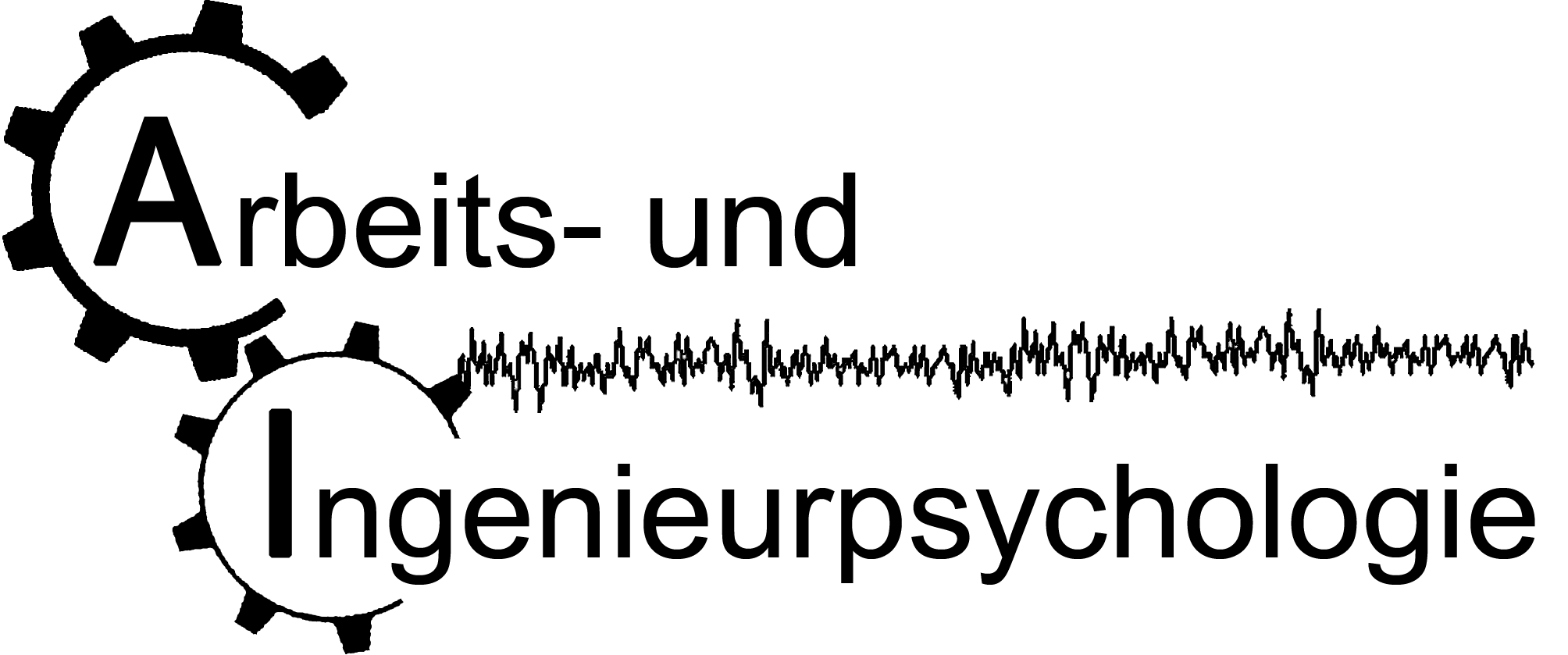Project Description
Protecting their own privacy in everyday digital life is an important goal for many users, but one that is often difficult to achieve. At the latest since the omnipresence of the mobile internet thanks to smartphones and the associated rapid spread of digital services, the collection of personal information by third parties has become increasingly difficult to control. As a result, a discrepancy between intended and actual behavior with regard to the disclosure of private data is often observed, which is referred to as the “privacy paradox”. Attempts by legislators to support users with this challenge, such as the new General Data Protection Regulation (GDPR), are often based on the concept of “informed consent”. The assumption here is that users can decide according to their actual interests if they are provided with sufficient information, e.g. about how their data is processed and by which actors. In practice, this is reflected in extensive privacy policies or consent notices that provide information about the use of cookies on various websites. Users are often neither able to fully comprehend the content of the usually complicated texts, nor are they motivated to spend the time required to do so. In order for users to actually be able to make confident decisions about the handling of their data in everyday digital life, a new concept is needed that, on the one hand, conveys the necessary knowledge and, on the other hand, strengthens the motivation of users to acquire skills in this area and to use the skills they have acquired in everyday digital life.
Funded by: FiF Forum interdisziplinäre Forschung
Duration: 01.04.2023 – 30.06.2024
PIs: Dr. rer. nat. Nina Gerber | Dr. rer. nat. Verena Zimmermann | FB 3, Arbeits- und Ingenieurpsychologie (FAI), Dr. Ephraim Zimmer | FB 20, Telecooperation Lab (TK)
Website: https://www.fif.tu-darmstadt.de/foerderung/foerderung_details_44032.de.jsp


